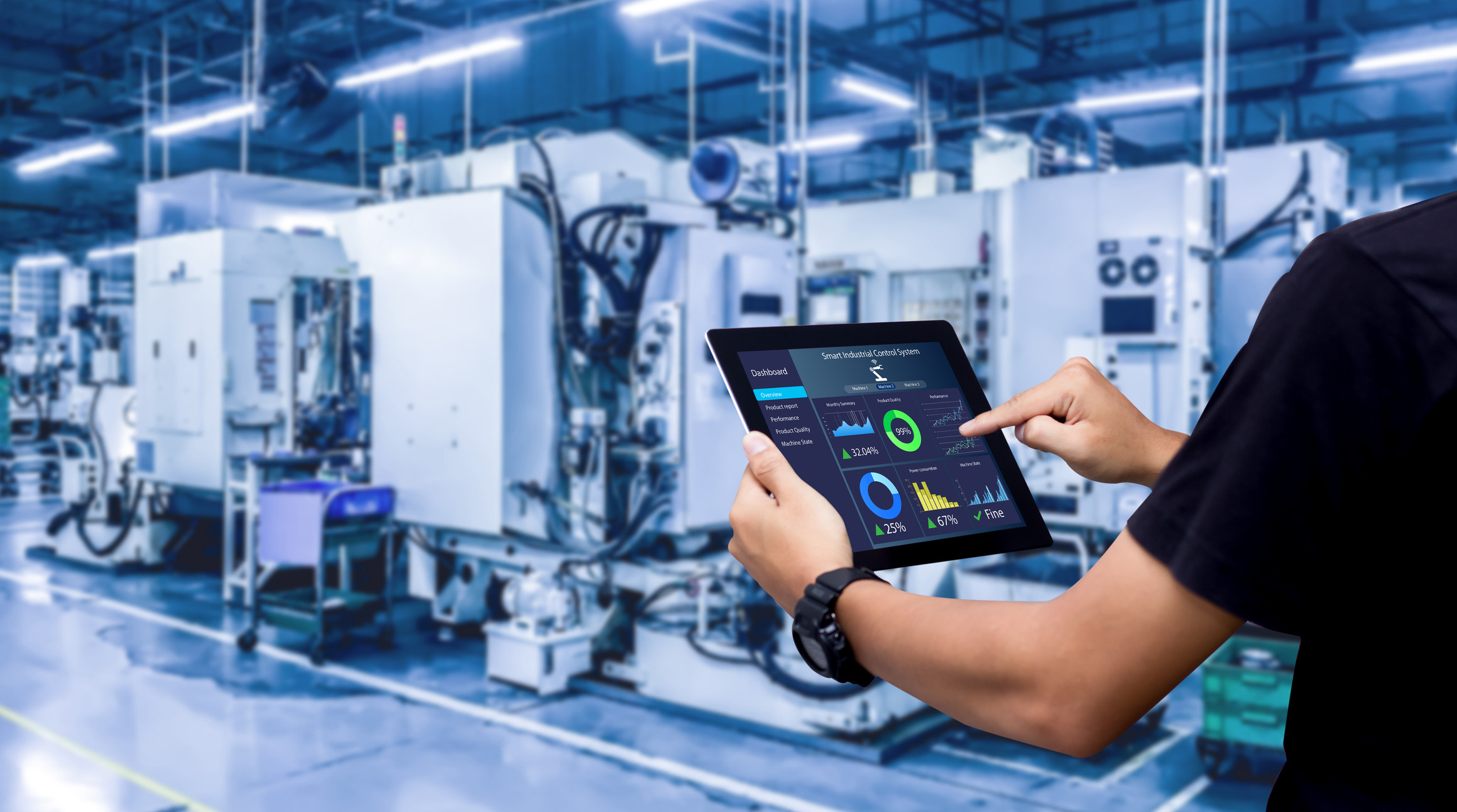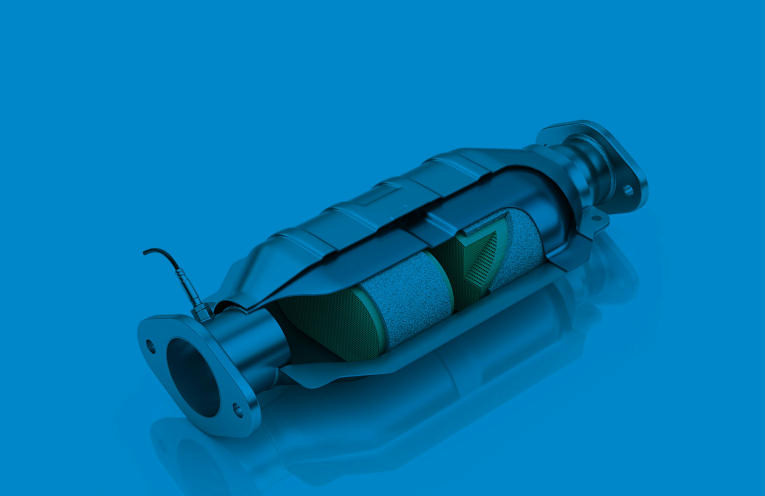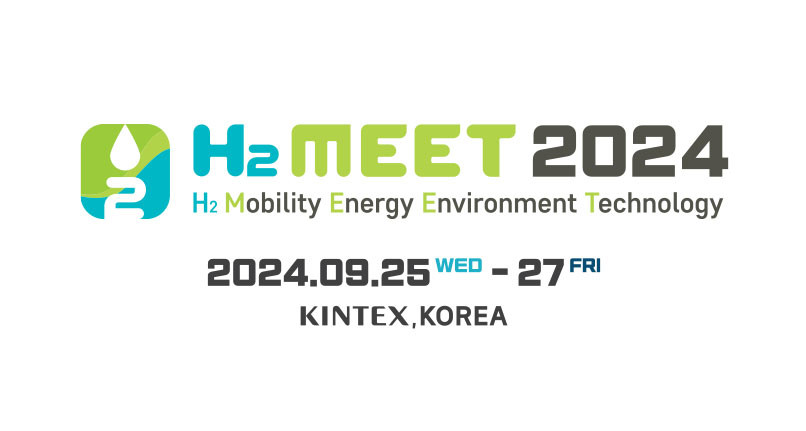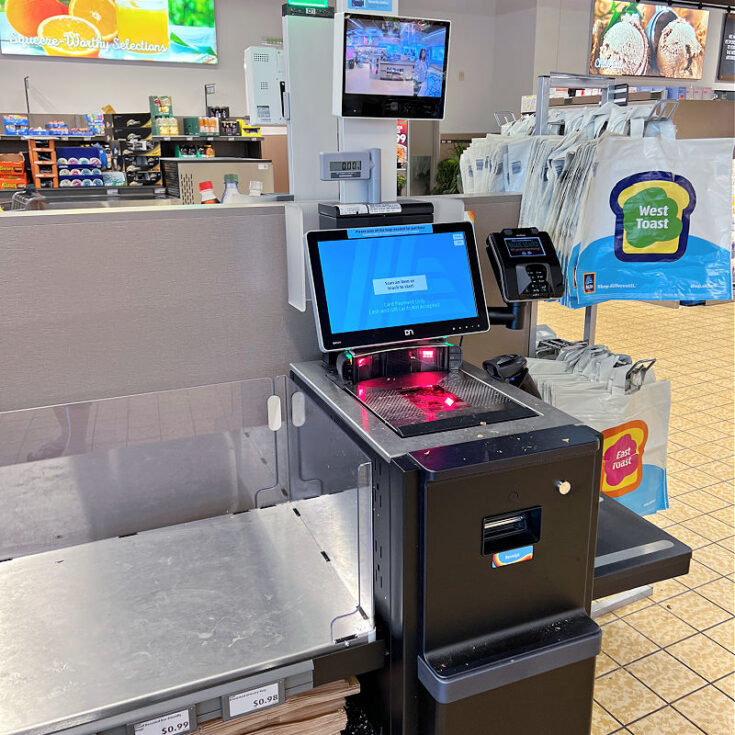The Rise of Industrial IoT Chipsets: A $97.8 Billion Market by 2030
The global market for Industrial IoT (IIoT) Chipsets is estimated at US$19.2 Billion in 2023 and is projected to reach US$97.8 Billion by 2030, growing at a CAGR of 26.2% from 2023 to 2030, according to Research and Markets.
The growth in the IIoT chipsets market is driven by several factors, including the increasing adoption of automation and smart technologies in industrial sectors, advancements in semiconductor technology, and the rising demand for data-driven decision-making. The push towards Industry 4.0, which emphasizes the digital transformation of manufacturing processes, is a significant driver, as companies seek to enhance productivity and competitiveness through intelligent automation.
Technological Advancements Fuel the Surge
Technological advancements in semiconductor manufacturing have led to the development of more powerful and efficient chipsets, facilitating their widespread adoption. Additionally, the growing focus on energy efficiency and predictive maintenance solutions, which rely on real-time data and analytics, is further propelling the demand for IIoT chipsets.
The Impact of Industry 4.0
Industry 4.0, the fourth industrial revolution, has a profound impact on the IIoT chipsets market. The increasing adoption of smart technologies, such as artificial intelligence (AI) and machine learning (ML), in manufacturing processes is driving the demand for more sophisticated and powerful chipsets. These chipsets are essential for enabling real-time data collection, analysis, and decision-making, which are crucial for optimizing production processes and improving efficiency.
The Role of Connected Devices
The expansion of connected devices in industrial settings is another key driver of the IIoT chipsets market. With the increasing use of sensors, actuators, and other smart devices in manufacturing plants, the need for robust and reliable chipsets to handle the communication and data processing requirements of these devices has become essential. These chipsets enable seamless data flow and communication between devices, facilitating real-time monitoring, remote control, and predictive maintenance.
Key Trends Shaping the Market
The IIoT chipsets market is characterized by several key trends, including:
- Increased adoption of cloud-based platforms: Cloud computing is playing an increasingly important role in IIoT deployments. Cloud-based platforms provide scalability, flexibility, and cost-effectiveness for storing and analyzing large volumes of data generated by industrial devices. This trend is driving the demand for chipsets that can seamlessly integrate with cloud platforms and support secure data transmission.
- Growth of edge computing: Edge computing is gaining traction in the IIoT landscape. With edge computing, data is processed closer to the source, reducing latency and enabling real-time decision-making. This trend is creating a demand for chipsets that are optimized for edge computing environments and can handle the demands of low-latency applications.
- Focus on cybersecurity: As the number of connected devices in industrial settings grows, cybersecurity becomes increasingly critical. The need to protect sensitive data and prevent cyberattacks is driving the demand for chipsets with enhanced security features, such as encryption and secure boot capabilities.
- Advancements in wireless communication: The evolution of wireless communication standards, such as 5G, is providing faster data speeds and lower latency, making it more feasible to deploy IIoT solutions in challenging industrial environments. These advancements are driving the development of chipsets that can support high-bandwidth wireless communication and enable the seamless integration of devices in industrial networks.
The Future of IIoT Chipsets: Growth and Opportunities
The IIoT chipsets market is poised for significant growth in the coming years. Several factors are expected to drive this growth, including:
- Expansion of Industry 4.0: The continued adoption of Industry 4.0 technologies, such as AI, ML, and robotics, will create a strong demand for IIoT chipsets. These chipsets will be essential for enabling the interconnectivity and data exchange necessary for advanced manufacturing processes.
- Growth of smart factories: The increasing adoption of smart factories, which utilize automation and data analytics to optimize production processes, will require advanced IIoT chipsets. These chipsets will support the real-time monitoring, control, and decision-making capabilities necessary for efficient and flexible production.
- Rise of predictive maintenance: Predictive maintenance solutions, which use data analytics to predict equipment failures and schedule preventive maintenance, are gaining popularity in industrial settings. These solutions require IIoT chipsets to collect and process data from sensors and other devices, enabling manufacturers to proactively address potential problems and reduce downtime.
- Growing demand for data-driven decision-making: As industrial companies become more data-driven, the need for IIoT chipsets to collect, analyze, and share data will increase. These chipsets will be instrumental in enabling manufacturers to gain valuable insights from their data, optimize operations, and make informed business decisions.
The Impact on the Future of Manufacturing
The IIoT chipsets market is playing a pivotal role in shaping the future of manufacturing. The advancements in chip technology are enabling the development of innovative solutions that are transforming industrial processes, increasing productivity, and improving efficiency. As the adoption of IIoT solutions continues to grow, the IIoT chipsets market is expected to play an even greater role in driving the digital transformation of manufacturing and shaping the future of industry.
A Look Ahead: The Future of IIoT Chipsets
The future of IIoT chipsets is bright. Advancements in semiconductor technology, coupled with the increasing adoption of Industry 4.0 technologies, will continue to drive innovation and growth in the market. The development of new chipsets with enhanced capabilities, such as increased processing power, lower energy consumption, and improved security features, will further enable the adoption of IIoT solutions and accelerate the digital transformation of industry.
The IIoT chipsets market is poised to play a critical role in shaping the future of manufacturing. The continued growth and innovation in this market will drive advancements in industrial automation, data analytics, and cybersecurity, leading to more efficient, productive, and resilient manufacturing processes.


















